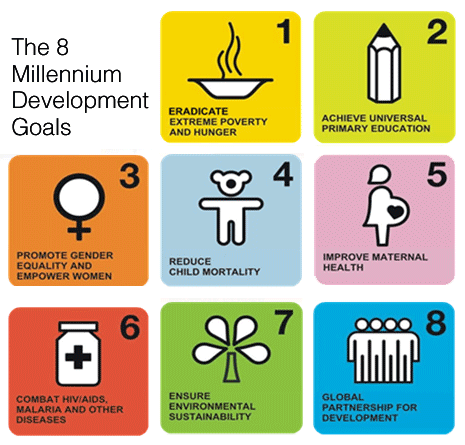
Now, this would certainly make for an unlikely path in life.
Rumours abound in Indonesia that jailed pop star Nasir “Ariel” Irham (jailed for his involvement in a sex scandal under the controversial 2008 anti-pornography law) has had contact with Abu Bakar Bashir, the notorious Indonesian jihadist and founding member of the notorious but increasingly weak Jemaah Islamiyah group, while in prison.
Although Bashir allegedly castigated the young man for his un-Islamic ways, the former heartthrob has reportedly been attending mass prayer held my Bashir in prison and may have sought out advice from the radical cleric.
The fact that this information comes from Bashir’s personal assistant hardly makes it all that credible. The old man is probably just seeking some street cred among the increasingly non-Jemaah Islamiyah oriented young jihadists in Southeast Asia and ‘converting’ a young, ‘broken’ pop star to their cause might be good PR for the ailing demagogue.
Whatever the reality of the situation in this specific case, the story highlights some very important dilemmas: How a multicultural and tolerant Indonesia will deal with fundamentalist and religiously conservative pressures in the future and how young people, eager to embrace many aspects of more liberal western lifestyles (including pop stars), will deal with these pressures from below and above.
And perhaps more universally: How do you prevent and discourage radicalization in prisons, where psychological and physical conditions make young men particularly susceptible to a message that preaches power to those that are bound to feel powerless?
Our Digital Library offers a wealth of resources on the keywords psychology of terrorism and terrorism recruitment. Make sure to check out:
- A USIP report on why young people join Al-Qaida
- An RSIS commentary on the recruitment tactics of Indonesian jihadists
- An RSIS paper examining the patterns of radicalization in Southeast Asia and the Jemaah Islamiyah group
- An International Crisis Group briefing on the growing attractiveness of a jihadi narrative in the wake of the floods and worsening IDP crisis in Pakistan
- An Elcano Royal Institute working paper on radicalization in the Muslim diaspora in Europe
- A recent ISN Podcast on the Europeanization of jihad and the challenge this poses to counterradicalization efforts on the continent

